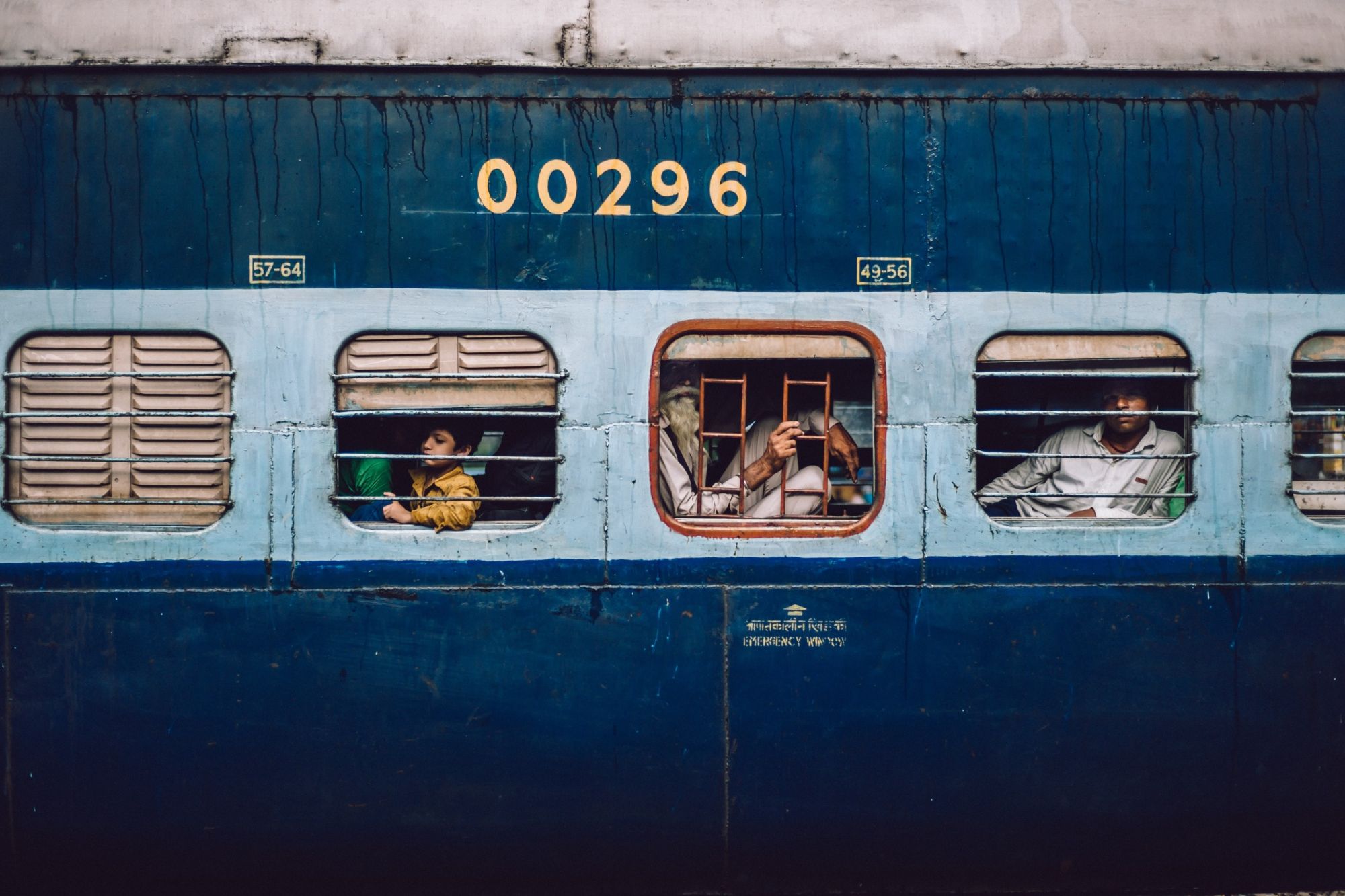[Budget 2020] Railways Remains Under Stress With High Operating Ratio While passenger earnings hit the target, freight earnings revised downwards for FY20; budgetary support for FY21 goes up.
Opinions expressed by Entrepreneur contributors are their own.
You're reading Entrepreneur India, an international franchise of Entrepreneur Media.

The Indian Railways continues to be burdened with high operating ratio (OR) with the profitability metrics standing at a revised estimate of 97.4 per cent for FY20 compared with the budget estimate of 95 for the year. OR for FY21 is estimated at 96.2 per cent.
OR shows the amount of money spent to earn every INR 100.
In terms of earnings, while inflow from passenger operations is expected to be INR 56,000 for FY20, same as budgeted earlier, earnings from freight for FY20 has been revised to INR 1.34 trillion from the budgeted INR 1.43 trillion. Freight is the main source of earning for the railways as it makes a loss of more than INR 35,000 crore each year on passenger operations.
Almost 60 per cent of the national transporter's expenditure goes towards staff cost, as it also—unlike other government entities—bears pension cost of retired employees.
The gross budgetary support (GBS) for the railways for FY20 has been revised upwards to INR 68,104 crore from budgeted INR 66,104 crore. GBS for FY21 has been estimated at INR 70,250 crore. The government support to the transporter has been a bone of contention with it being cut usually at the last moment. However, last year the railways had conveyed to minister Piyush Goyal to not tinker with GBS at the last moment as it affects finances and plans.
Asset Utilization
To utilise the vacant land along its tracks, the railways will put up solar panels on them. This will help it save energy cost. Indian Railways has been mulling ways to put to use its 47,300 hectares of vacant land for commercial purposes, 90 per cent of which are on the sides of tracks as by rule, 15-45 metres of land is kept vacant on both sides of tracks.
To further utilise its physical assets, the railways will also start four station re-development projects during the upcoming financial year.
Extending its experiment to allow private operators to run trains on the railway network, it will start operations of 150 passenger trains through private-public partnership (PPP) mode. "The process of inviting private participation is underway," said finance minister Nirmala Sitharaman while presenting Union Budget 2020. She added that more Tejas-type premium trains will start operations connecting iconic tourist destinations.
The railways will also help in building a seamless national cold supply chain for perishables including milk, meat and fish, by setting up "Kisan Rail' which will also be on PPP mode. "There shall be refrigerated coaches in Express and Freight trains as well," said the finance minister.










